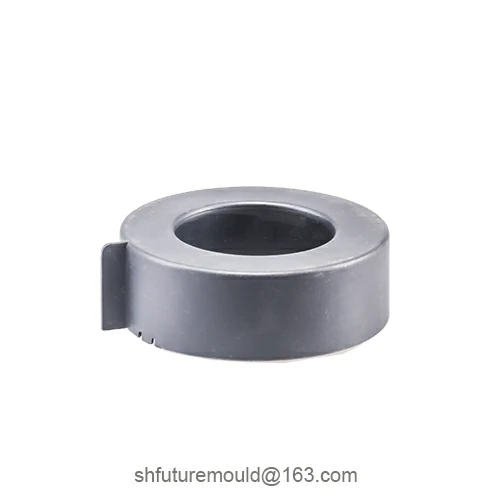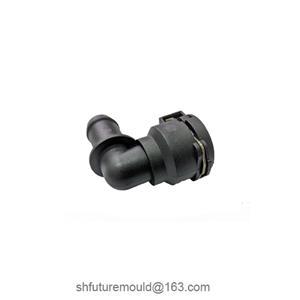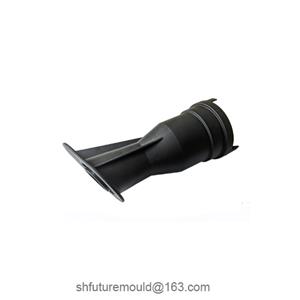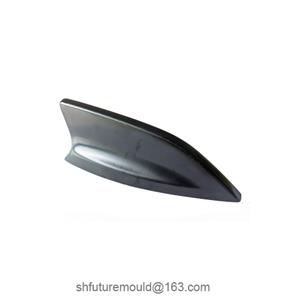The Impact of Residual Stress on Injection Molded Products
Residual stress in injection molded parts refers to internal stresses that remain within the product after the molding process. These stresses are caused by non-uniform shrinkage, molecular orientation, and other factors that occur during the filling of the mold and subsequent cooling and solidification of the molten plastic.
1. Impact on Dimensional Accuracy
Immediate Impact: Immediately after the molding process, residual stresses can cause slight dimensional variations in the product. For products with assembly requirements, such dimensional deviations can make assembly difficult. For example, if a molded plastic housing experiences dimensional changes due to residual stresses, it may prevent the proper installation of internal components.
Long-Term Impact: Over time, residual stresses can gradually relax. This can lead to further changes in the dimensions of the molded product.
2. Impact on Appearance Quality
Warpage and Distortion: Residual stress is a primary cause of warpage and distortion in molded parts. When residual stresses are unevenly distributed throughout the product, deformation can occur. For products with high aesthetic requirements, such as automotive interior components or electronic product housings, warpage can significantly reduce product quality and market competitiveness.
Surface Defects: Residual stress can cause surface defects in molded parts. For example, silver streaks or whitening may appear on the product surface. This is because residual stresses cause the polymer chains on the product surface to be in an unstable state, making them susceptible to the formation of micro-cracks or changes in refractive index when exposed to external factors such as light or humidity.
3. Impact on Mechanical Properties
Reduced Strength and Toughness: Residual stress can introduce defects into the internal structure of a molded product. When the product is subjected to external forces, residual stresses can combine with these forces, leading to a reduction in strength and toughness.
Decreased Fatigue Performance: Under cyclic loading, residual stress can accelerate the fatigue failure of molded products. Residual stresses within the product can create initiation points for fatigue cracks in the material's microstructure.
- Injection Mold
- Automotive Injection Mold
- Electronics & Electrical Injection Mold
- Consumer Goods Injection Mold
- Airplane Components Injection Mold
- Medical Components Injection Mold
- Irrigation Components Injection Mold
- Injection Molds




